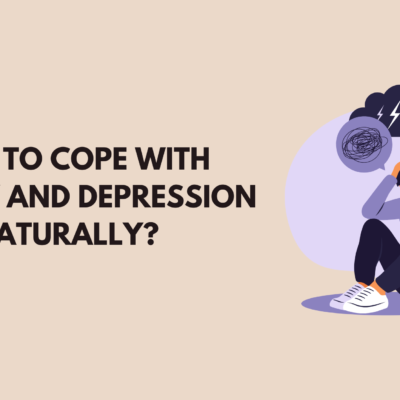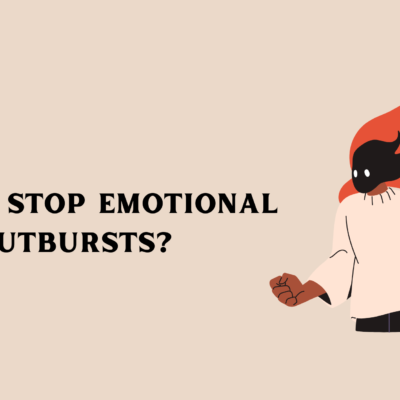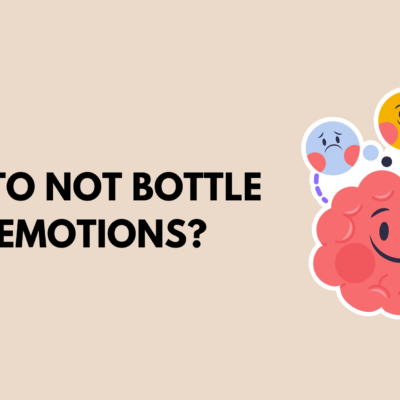How to Stop Caring So Much: Let’s be honest—caring too much can be exhausting. You care about what others think. You care if someone’s upset with you. You care if your choices are approved, if your messages are left on read, if you’re doing “enough,” saying the right thing, or being liked.
Sound familiar?
Caring is part of being human—it reflects empathy, connection, and emotional intelligence. But caring too much—especially about things beyond your control—can become a heavy burden that drains your joy, clouds your judgment, and traps you in anxiety.
The good news? You can learn how to care less—not in a cold or careless way, but in a liberating, self-honoring way.
This article will show you how to stop caring so much about what others think, about perfection, about outcomes, and about things that don’t serve your peace—so you can live a more grounded, confident, and fulfilled life.
Also Read:
Part 1: Understanding Why You Care So Much
Before you can let go of over-caring, you need to understand where it comes from. Most of the time, it’s not just about caring—it’s about fear.
1.1 Root Causes of Over-Caring
- Fear of rejection – “If I don’t please them, they’ll leave or dislike me.”
- Need for validation – “If people approve of me, I’ll feel worthy.”
- Perfectionism – “If everything isn’t right, I’ve failed.”
- People-pleasing patterns – Learned behaviors from childhood where love was conditional.
- Low self-esteem – “Others’ opinions matter more than mine.”
These are deep, emotional roots. But once you become aware of them, you can start gently untangling the grip they have on your mind.
Part 2: The Cost of Caring Too Much
Over-caring may seem noble or harmless—but it comes with real consequences.
2.1 Mental and Emotional Drain
You spend hours overthinking every conversation, every social media post, every decision. You replay awkward moments, fear judgment, and constantly second-guess yourself. It’s exhausting.
2.2 Loss of Authenticity
When you prioritize others’ opinions over your own, you start living a life that’s not truly yours. You edit yourself. You stay small. You say “yes” when you mean “no.”
2.3 Delayed Growth and Opportunities
You avoid risks or bold moves because you’re afraid of what people might say. You stay in your comfort zone, playing it safe, and miss out on what you’re capable of becoming.
Part 3: How to Stop Caring So Much – Step-by-Step
This isn’t about becoming emotionless. It’s about setting healthy boundaries between what deserves your energy—and what doesn’t.
3.1 Build Self-Worth From Within
The more you value yourself internally, the less you need validation externally.
Start here:
- Write a list of things you admire about yourself—your values, strengths, growth.
- Practice daily affirmations like “I am enough” or “My worth isn’t based on others’ approval.”
- Track your wins—big and small—to build internal trust.
When you respect your own opinion, you naturally care less about everyone else’s.
3.2 Ask Yourself: “Why Am I Caring So Much About This?”
When you catch yourself overthinking or obsessing, pause and ask:
- What am I afraid of?
- What’s the worst that could happen?
- Is this truly my belief—or someone else’s?
- Will this matter in a week? A year?
This short check-in brings logic into emotion-heavy moments and helps you gain perspective.
3.3 Reframe the Fear of Judgment
You might think everyone is watching you, judging your every move—but most people are too busy thinking about themselves to care that much about you.
Reality check:
- People aren’t thinking about you as much as you think they are.
- If they do judge you, it often reflects them, not you.
- Judgment is inevitable. Let it happen. It means you’re living freely.
When you stop fearing judgment, you unlock real freedom.
3.4 Practice Saying “No” Without Explaining
Over-caring often shows up in the need to over-explain or over-justify. But “No” is a complete sentence.
Start small:
- Decline invitations that drain you.
- Set boundaries around your time and energy.
- Let go of the guilt that says you owe everyone everything.
You are allowed to protect your peace without being “mean.”
3.5 Accept That You Can’t Control Everything
You can’t control how others interpret your actions. You can’t control whether people like you. You can’t control outcomes, responses, or reactions.
What you can control is your intent, your effort, and your self-respect.
Repeat to yourself:
“What others think of me is none of my business.”
It’s not your job to manage others’ feelings about you. It’s your job to stay aligned with your truth.
Part 4: Train Your Brain to Let Go
Letting go isn’t a one-time event—it’s a daily practice. Here are some ways to retrain your brain to release the grip of over-caring.
4.1 Set Mental Boundaries
Create a clear inner line between:
- What’s your responsibility
- What’s not yours to carry
If someone’s disappointed or disagrees with you, that’s okay. It doesn’t mean you’re wrong. Let people feel their feelings—without internalizing them.
4.2 Catch the Spiral, Then Interrupt It
Over-caring often turns into overthinking spirals. When you catch yourself obsessing over a situation, say out loud:
“This doesn’t deserve this much space in my mind.”
Then, redirect your energy to something grounding:
- Go for a walk
- Write in a journal
- Call a friend
- Do something creative
Your mind is a garden—don’t let it be overrun by weeds.
4.3 Embrace Imperfection
A lot of caring too much is rooted in the illusion that if you’re “perfect,” no one will criticize or reject you.
Spoiler: that’s not true.
You will be misunderstood. You will be disliked. You will make mistakes. That’s part of being human. And it’s okay.
Freedom lives in imperfection.
Part 5: Shifting Your Identity
To truly stop caring so much, you have to start seeing yourself differently.
5.1 Become the Main Character of Your Life
Think of the most authentic, self-assured version of you. The one who:
- Speaks their truth
- Chooses peace over approval
- Values inner alignment over external applause
What choices would they make today?
Start acting from that version of you—not the insecure, approval-seeking one.
5.2 Surround Yourself With People Who Get It
Your environment matters. When you’re around people who judge or manipulate, over-caring becomes survival.
But when you’re around:
- Friends who accept you
- Mentors who encourage growth
- Communities that value authenticity
…you feel safer being yourself.
Choose spaces that nurture, not drain.
5.3 Let Go to Level Up
Every time you let go of something you used to over-care about—someone’s opinion, a “perfect” image, an outcome—you make space for something better.
More freedom. More peace. More confidence.
Letting go is not giving up. It’s growing up.
Final Thoughts
You were not born to live your life under the weight of what everyone else thinks. You were not born to shape-shift, over-explain, or walk on eggshells.
You were born to live—boldly, imperfectly, freely.
Caring is beautiful when it’s balanced. But when it starts costing you your self-worth, your time, or your authenticity—it’s time to let some of it go.
Here’s your permission slip:
- Say “no” and mean it.
- Speak your truth and own it.
- Be yourself and don’t apologize for it.
The right people will love the real you. The wrong ones? Let them go.
Your peace > their opinion.
Action Plan (Summary)
Shift your identity – Live as your bold, authentic self.
Know your triggers – Understand why you care too much.
Build self-worth – Validate yourself from within.
Challenge fear of judgment – It’s more illusion than reality.
Set boundaries – Say “no” and protect your peace.
Interrupt overthinking – Redirect your mental energy.
Accept imperfection – Stop chasing approval through flawlessness.






